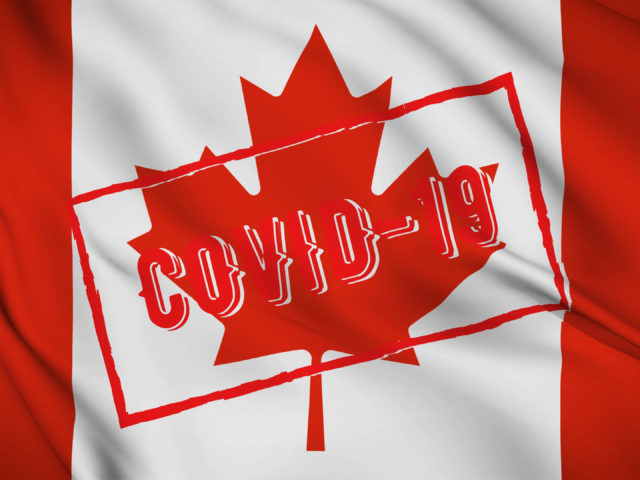
Canada has extended international travel restrictions in place to prevent the spread of coronavirus by another month, to November 30, 2020.
The decision was announced by Public Safety Canada on October 30. The existing travel restrictions, in place since March, had been due to expire on October 31.
It means that the restrictions due to COVID-19 will have been in place for at least eight months. With a second wave of the pandemic currently hitting many parts of the country, it is likely the restrictions will be further extended.
Ottawa made what it called ‘some practical adjustments’ to the rules as of October 31, allowing residents of Campobello Island, New Brunswick; Stewart, British Columbia; Northwest Angle, Minnesota; and Hyder, Alaska to be exempt from mandatory 14-day quarantine to access ‘the necessities of life’.
Students from Canada and the U.S. who cross the border to attend school, along with one driver, and children who are subject to shared custody arrangements, along with one parent, are also exempt.
The restrictions cover travellers arriving from a foreign country other than the United States. The travel ban affecting the Canada-U.S. border is covered by a separate agreement, that currently expires on November 21, 2020.
Citizens and permanent residents, plus their immediate and extended family members, are exempt from travel restrictions.
Immediate and extended family members of people registered under the Indian Act have also been added to the exemptions list as of October 31, 2020.
Immigration, Refugees and Citizenship Canada keeps an updated list of who can travel to Canada here.
As part of the latest extension of the international travel restrictions, Canada is allowing limited exemptions to mandatory quarantine to enable COVID-testing pilot projects, in coordination with provincial authorities.
Anyone not covered by this exemption is required to quarantine for 14 days on arrival in Canada, and provide border officers with a viable quarantine plan.
Canada immigration numbers dropped again in August, as the recovery seen in the aftermath of the first wave of coronavirus stuttered for a second consecutive month.
The latest federal government figures show 11,315 new permanent residents were admitted in August, down from 13,675 in September, a drop of more than 17 percent.
The figure is also significantly down on August 2019, when 31,585 permanent resident admissions were recorded.
After eight months of 2019, Canada had welcomed 228,430 new immigrants, compared to just over 128,000 this year. It means Canada is 100,000 newcomers behind this time last year, and highly unlikely